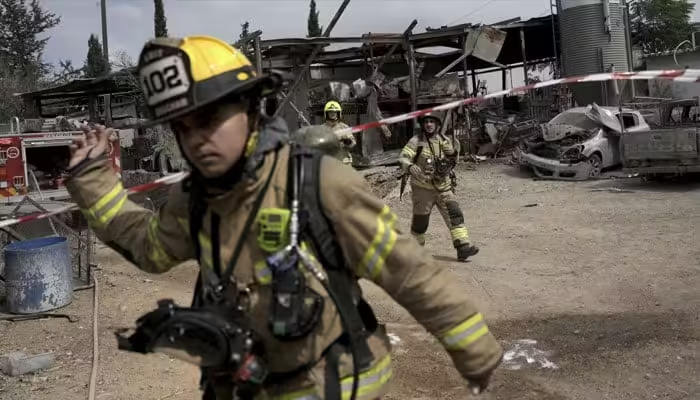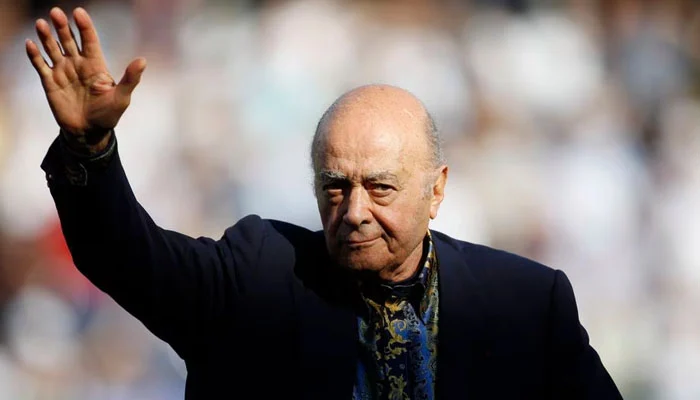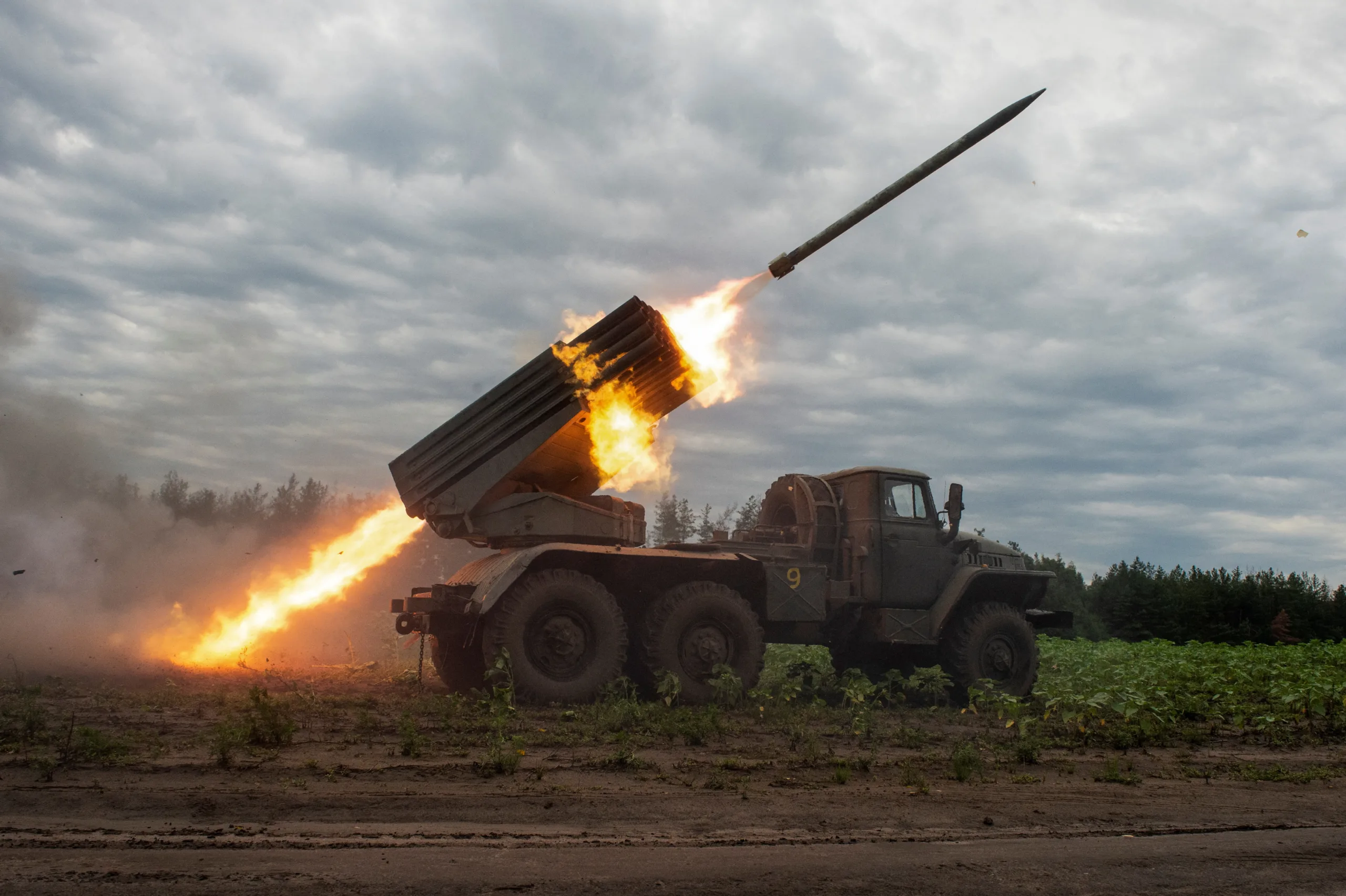In response to Israeli airstrikes on Lebanon, the militant group Hezbollah launched a massive retaliation, firing missiles and hundreds of rockets at Israeli soldiers in various locations. The attacks mark a sharp escalation in the ongoing hostilities between Israel and Hezbollah, as tensions flare up across the region. According to Israeli media reports, Hezbollah targeted key Israeli military and intelligence installations, including an intelligence unit in Tel Aviv, and launched over 190 rockets towards northern Israel.
Hezbollah Targets Israeli Intelligence Unit
One of the most significant targets in the Hezbollah attack was an Israeli intelligence unit located next to the Mossad headquarters in Tel Aviv. According to Israeli sources, the unit was specifically targeted in what is seen as a bold and symbolic attack on Israel’s intelligence capabilities. The bombing of a facility so close to Mossad, Israel’s national intelligence agency, sent a clear message from Hezbollah, showing their readiness to strike strategic assets deep inside Israeli territory.
While there are no official reports confirming the extent of the damage at the intelligence facility, the attack itself underscores the growing capability of Hezbollah’s missile technology. The group, backed by Iran, has long claimed to possess advanced rocket and missile systems capable of reaching key targets within Israel. This incident adds weight to their claims and raises concerns about the ongoing security challenges Israel faces from Hezbollah, which operates out of southern Lebanon.
Rocket Barrage in Northern Israel
The rocket attacks were not confined to Tel Aviv. Hezbollah also fired over 190 rockets at Israeli military positions in northern Israel, targeting soldiers stationed along the Israel-Lebanon border. The barrage of rocket fire caused panic in the region, with civilians being urged to take shelter in secure locations. According to Israeli officials, five of Hezbollah’s rockets were intercepted by Israel’s Iron Dome defense system, while the remainder fell in open areas, avoiding casualties.
Despite the success of the Iron Dome system, the sheer volume of rockets underscores the intense pressure that Israel’s defense forces are under. Israeli officials have acknowledged that Hezbollah’s ability to launch such a large-scale attack, even after suffering airstrikes, highlights the resilience and operational readiness of the group.
Israel’s Response and Claims
In response to the missile and rocket attacks, Israeli officials have downplayed the effectiveness of Hezbollah’s assault. Israel claimed that its Iron Dome system successfully intercepted five of the rockets launched, and that the rest caused no significant damage as they fell in unpopulated areas. Israeli military sources emphasized their efforts to minimize the impact of Hezbollah’s retaliatory strikes, insisting that Israel remains in control of the situation.
However, this narrative contrasts with reports from local sources in Lebanon and the broader media, which highlight Hezbollah’s increasing military capability and their success in targeting specific Israeli installations. The differing accounts reflect the propaganda and information war that accompanies the physical conflict, with both sides seeking to maintain morale and portray themselves as the victors in the ongoing escalation.
Context of the Escalation: October 7 Attacks
The latest round of hostilities comes in the wake of a broader regional escalation. On October 7, Israel was attacked on multiple fronts, with rockets being fired from Gaza and Yemen. Yemen’s Houthi movement, which is also allied with Iran, claimed responsibility for launching a ballistic missile towards Tel Aviv. In response to this, Israel temporarily closed Ben Gurion Airport, its main international gateway, highlighting the severity of the threat posed by these long-range attacks.
The involvement of multiple groups, including Hezbollah, Hamas, and the Houthis, underscores the complex nature of the conflict. These organizations, though based in different countries, are united in their opposition to Israel and have ramped up their military activities in recent weeks. Israel’s retaliatory airstrikes on Gaza and Lebanon are part of an ongoing effort to suppress these groups and prevent further attacks on its territory.
Implications for Regional Stability
The escalation of hostilities between Hezbollah and Israel has significant implications for regional stability. Lebanon, already grappling with economic and political crises, is at risk of being further destabilized by an all-out war between Hezbollah and Israel. If the conflict intensifies, it could draw in other regional actors, potentially leading to a broader conflict that could involve Syria, Iran, and even Gulf countries.
Hezbollah’s attacks also raise questions about the future of Israeli-Lebanese relations. While Israel has consistently targeted Hezbollah positions in Lebanon, the scale and precision of Hezbollah’s retaliation suggest that the group is not deterred by Israeli airstrikes. Instead, the conflict may escalate further as each side seeks to assert its dominance.
For Israel, the threat from Hezbollah remains a significant security concern. Despite the advanced capabilities of its defense systems, such as the Iron Dome, the volume of rockets fired by Hezbollah reveals the limitations of missile defense in the face of large-scale attacks. Israeli officials will likely face increased pressure to take more decisive action to neutralize Hezbollah, which could lead to further military operations in Lebanon.
The recent missile and rocket attacks by Hezbollah in response to Israeli airstrikes mark a dangerous escalation in the ongoing conflict between the two sides. With both Israel and Hezbollah showing no signs of backing down, the situation remains highly volatile, with the potential for further violence in the coming days. As regional tensions rise, the international community will need to closely monitor developments and work towards de-escalation to prevent a broader conflict in the Middle East.



